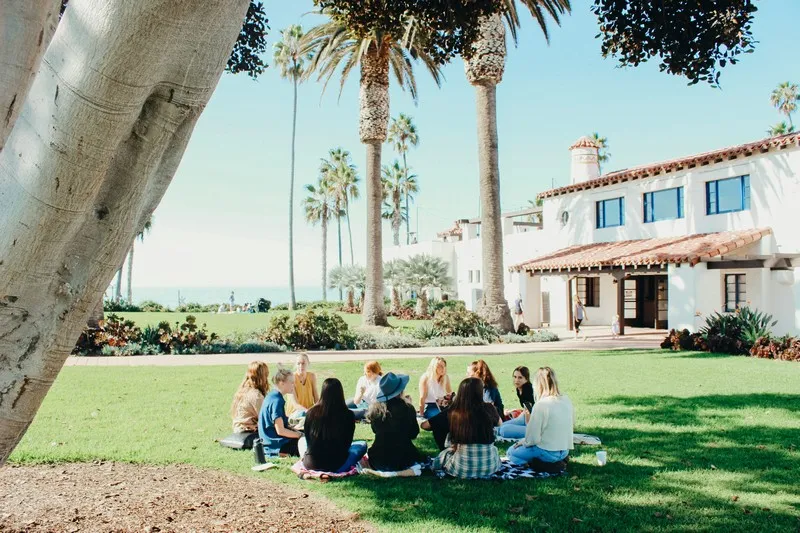Table of Contents
In the field of sociology, artistic communes are a fascinating subject that highlights the intersection of creativity, community, and alternative lifestyles. These communes, also known as art colonies or artist communities, have emerged throughout history as a way for artists to live and work together, sharing resources, ideas, and inspiration. In this article, we will outline and explain the concept of artistic communes and delve into their significance in the realm of sociology.
Definition and Characteristics
What is an Artistic Commune?
An artistic commune can be defined as a group of artists who choose to live and work together in a shared space, often with the goal of creating a supportive and collaborative environment. These communes can take various forms, ranging from rural retreats to urban collectives, and they may encompass a wide range of artistic disciplines, such as visual arts, music, theater, literature, and more.
Key Characteristics
One of the key characteristics of artistic communes is the emphasis on communal living. Members often share living spaces, resources, and responsibilities, fostering a sense of unity and cooperation. By living in close proximity, artists can engage in constant creative exchange, leading to the cross-pollination of ideas and the development of new artistic forms.
Social Structures and Dynamics
Communal Living and Shared Resources
Artistic communes often function as microcosms of larger societal structures, with shared resources and communal living arrangements. This setup challenges traditional notions of private property and individualism, promoting a collective approach to daily life and creative work. Shared meals, collaborative projects, and mutual support networks are common features of these communities.
Hierarchies and Governance
While some artistic communes operate on egalitarian principles, others may have more defined hierarchies or leadership structures. Governance within these communes can range from democratic decision-making processes to more centralized forms of leadership, depending on the specific values and goals of the community.
Historical Context
Early Examples and Evolution
Artistic communes have a long history that dates back to various periods and cultures. In the late 19th and early 20th centuries, for example, art colonies emerged in Europe and the United States. These communities attracted artists seeking an escape from the constraints of mainstream society and a chance to explore new artistic frontiers.
The Barbizon School
One notable example is the Barbizon School in France, which flourished in the mid-19th century. Artists such as Jean-Baptiste-Camille Corot and Jean-François Millet came together in the rural village of Barbizon to paint en plein air, capturing the natural beauty of the landscape. This commune-like setting allowed them to break away from the traditional academic style and develop a more realistic and expressive approach to art.
The Taos Society of Artists
In the United States, the Taos Society of Artists formed in the early 20th century in Taos, New Mexico. This group of artists, including Joseph Henry Sharp and Ernest Blumenschein, sought inspiration from the local Native American culture and the unique Southwestern landscape. Their collective efforts helped establish Taos as an important artistic center in the United States.
Influence on Artistic Movements
The Arts and Crafts Movement
Get the full article AD FREE. Join now for full access to all premium articles.
View Plans & Subscribe Already a member? Log in.





